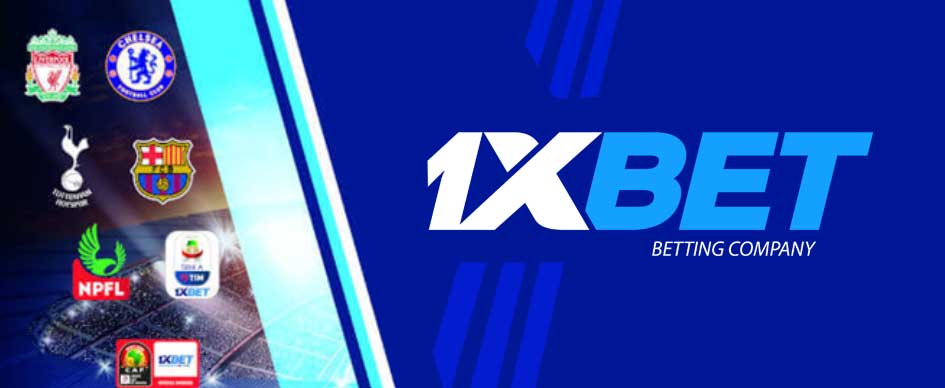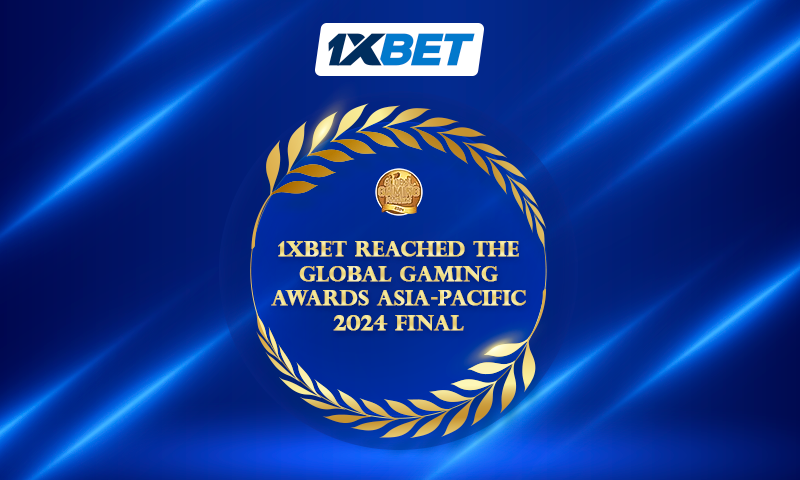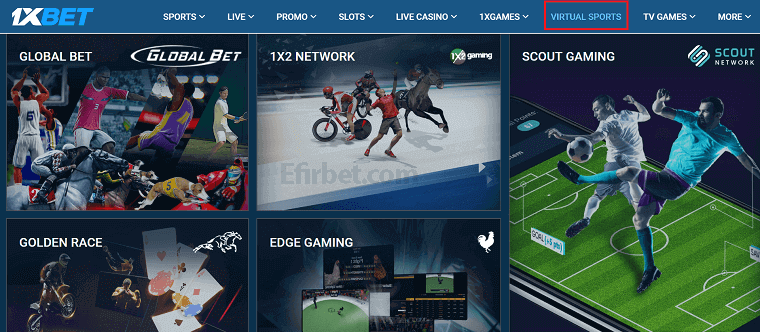
How to Spot a Fake Bitcoin Casino License
As the popularity of cryptocurrencies continues to rise, many online casinos have begun accepting Bitcoin as a legitimate form of payment. However, with the increase in Bitcoin’s popularity comes a surge in fraudulent activities, including fake Bitcoin casino licenses. If you plan to engage in How to Spot a Fake Bitcoin Casino License online casino games and want to ensure a safe gambling experience, it is crucial to know how to spot a fake Bitcoin casino license. In this article, we will delve into the various aspects of casino licensing and provide tips for identifying discrepancies that may indicate a fraudulent operation.
The Importance of Casino Licensing
Before we dive into how to spot a fake Bitcoin casino license, it’s important to understand the significance of licensing in the online gambling industry. A casino license serves as a regulatory framework for online gambling operations. It assures players that the casino adheres to specific standards regarding fairness, security, and responsible gaming practices.
Licenses are typically issued by governing bodies in various jurisdictions, such as Malta, Gibraltar, the UK, or Curacao. Players should prioritize licensed casinos as they provide a higher level of trust and security compared to unlicensed operators.
Signs of a Fake Bitcoin Casino License
Identifying a fake Bitcoin casino license requires keen observation and attention to detail. Here are vital signs to consider when determining whether a casino’s license is authentic:
1. Lack of Verification Information
Reputable casinos will display their licensing information prominently on their website, often in the footer or ‘About Us’ section. This information should include the licensing authority’s name, the license number, and a link to verify the license on the regulator’s official site. If the casino does not provide this information or if it seems vague, it may be a red flag.
2. Unrecognized Licensing Authorities
Some casinos may claim to be licensed by lesser-known or unrecognized authorities. While many valid licensing jurisdictions exist, some are notorious for lax regulations and minimal oversight. Research the licensing authority to determine its credibility. If the authority is not well-known or credible, it might be a sign of a fake license.

3. Inconsistencies in Information
Look for inconsistencies in the information provided on the casino’s website. Cross-reference the license information against the regulator’s site. If the license number doesn’t match, or if the operator is not listed as a licensed provider, it indicates potential fraud.
4. Unusual License Number Format
Licensing jurisdictions have specific formats for their license numbers. Familiarize yourself with these formats; if a casino displays a number that does not conform to the accepted pattern for a particular jurisdiction, it could be a fake.
5. Lack of Transparency and Contact Information
Legitimate online casinos are usually transparent about their operations. They provide clear contact details, including a physical address, phone number, and email. If a casino does not offer multiple ways to contact them, or if their contact options appear suspicious, it’s a warning sign.
6. Absence of Player Reviews
Player reviews and feedback play a crucial role in assessing the reputation of an online casino. Search for reviews on independent gambling forums and review sites. Consistently negative feedback, particularly regarding payouts or customer service, can indicate an unreliable or potentially fake operation.
7. Promotions and Offers that Seem Too Good to Be True
While promotions and bonuses are common in the online casino industry, watch out for offers that seem excessively generous. If a casino promises unrealistic returns or wildly extravagant bonuses with seemingly no wagering requirements, it may be a bait-and-switch tactic designed to lure players into their fraudulent operation.
Verifying a Bitcoin Casino License

Here are steps you can take to verify a Bitcoin casino license effectively:
1. Research the Licensing Authority
Start by confirming the licensing authority’s credibility. Look for information about their regulatory framework, enforcement practices, and reputation within the industry.
2. Check the Casino’s Licensing Page
Visit the casino’s licensing page to gather specific details about their license. Ensure the license number and details are consistent and accurate.
3. Contact the Licensing Authority
If you’re still uncertain, consider reaching out to the licensing authority directly. They can confirm the status of the license and provide further insights regarding the casino’s legitimacy.
4. Use Third-Party Verification Services
Several websites and services specialize in evaluating online casinos and their licenses. Utilize these platforms to access reports and ratings that may help in your assessment.
Final Thoughts
As a player, it’s essential to take personal responsibility for your online gambling experience by ensuring that the casinos you engage with are legitimate and secure. Knowing how to spot a fake Bitcoin casino license is crucial to safeguarding your funds and data. By researching and verifying licensing information, you can make informed decisions and enjoy your gaming experience without falling victim to fraudulent activities.

